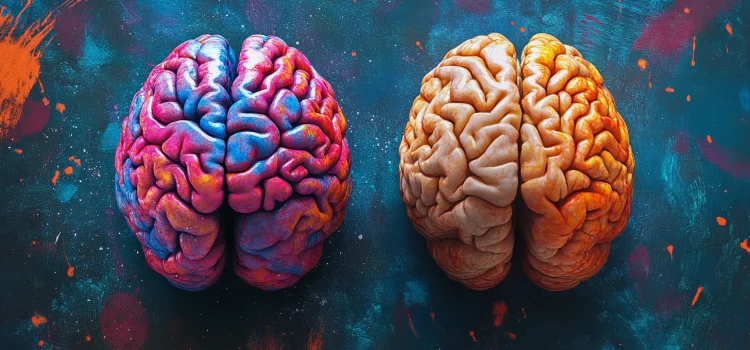
What are common beliefs about ADHD? How do these beliefs build a stigma around people with ADHD?
In Thriving With Adult ADHD, Phil Boissiere debunks several common misconceptions about ADHD. These include beliefs that people with ADHD are less intelligent than neurotypical people, ADHD is the same in everyone affected, and ADHD will always control your life.
Keep reading to learn why these beliefs aren’t true.
Debunking Common Misconceptions About ADHD
Before you can begin managing ADHD symptoms, it’s important to understand that the following are common misconceptions about ADHD:
Misconception #1: People with ADHD are less intelligent than neurotypical people (people who think and behave in ways that are considered “normal”). This isn’t true—having ADHD doesn’t mean you’re less intelligent. It just means that your brain works differently than other people’s, and some aspects of daily life may be more challenging.
(Shortform note: Whereas Bossier focuses on describing how ADHD doesn’t reduce intelligence, other experts highlight the unique strengths of people with ADHD. For example, in ADHD 2.0, Halloway and Ratey describe several of these strengths. First, many people with ADHD can hyperfocus, meaning they can focus so intensely on something that the rest of the world might as well not exist. This enables them to complete a large amount of work very quickly. Also, people with ADHD tend to be highly energetic. When a task is interesting to them, they have seemingly endless amounts of energy to put toward it. Finally, because people with ADHD are highly emotional, they’re often highly empathetic and loving as well.)
Misconception #2: Every person’s experience with ADHD is the same. In actuality, every person with ADHD has a different experience. Some people may be severely affected by their ADHD, while others may hardly feel its impact. Instead of comparing yourself to others, figure out the advantages and struggles that represent your individual experience with it.
(Shortform note: Even though every person’s experience with ADHD is different, the standards for diagnosing children often represent the stereotypical, hyperactive presentation of ADHD in young boys. Because the symptoms of young girls with ADHD frequently present differently, they may get overlooked or misdiagnosed. This means that many women enter adulthood having never been treated for their ADHD and not knowing the cause of their symptoms. This can damage their self-esteem, putting them at a higher risk of mental health issues such as anxiety and depression.)
Misconception #3: ADHD will always control your life. ADHD can make you feel out of control, but with the right tools and skills, you can vastly reduce the negative effects ADHD has on your home and work life. As with any skill, you get better at ADHD management the more you practice.
(Shortform note: In addition to the strategies we discuss in this guide, many virtual and physical tools can help with ADHD management. For instance, the Forest app is designed to help you practice staying focused. When you want to focus on a task, the app plants a virtual tree; if you click away from the app to look at something else, the tree dies. The more you stay focused, the more your forest will grow. Additionally, physical trackers, such as those offered by Tile, may also help with ADHD management. You put them on important possessions that you frequently lose, such as your wallet and keys—if you can’t find an item, the app helps you locate it and the tracker rings when you get nearby.)






